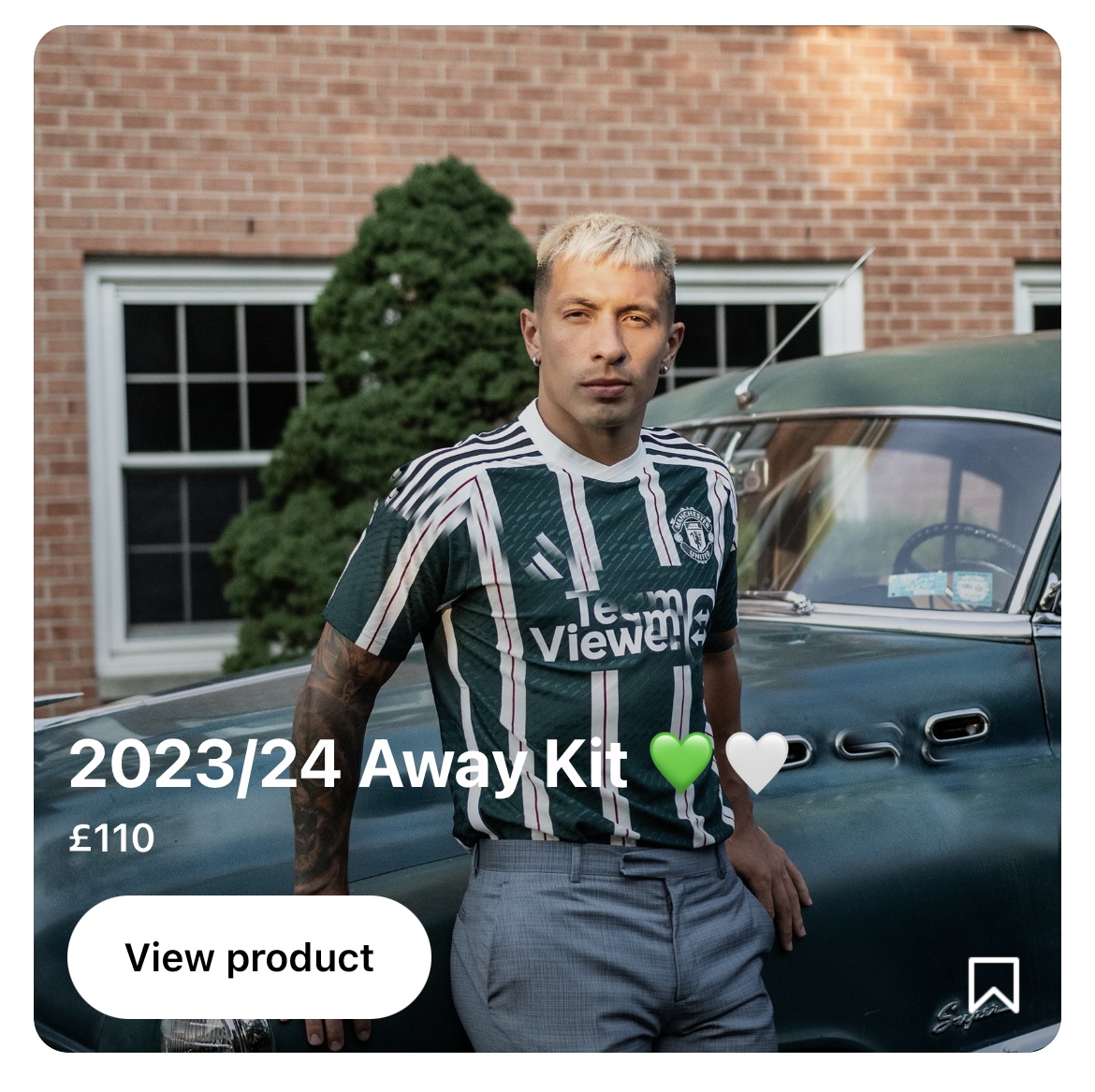Human attention is limited, yet we often overestimate our ability to multitask due to our inherent greed. This morning, I was wolfing down breakfast while simultaneously listening to a podcast, attempting to tackle a mountain of unread messages, and planning for the upcoming week.
What’s truly fascinating is how our supposedly rational thinking often leads us to irrational behavior. There’s definitely something between perfectly rational Homo economicus and the complete naïve irrationals - the thinking-we’re-rational-but-actually-aren’t Homo minimeconomicus.
Today, Ms. Homo-minimeconomicus is feeling regretful in an irrational way. I have two go-to podcast series: Freakonomics by Stephen J. Dubner and Jumao Football. Every morning, I randomly select a historical episode based on the title’s potential interest or informativeness—more precisely, the best available approximate optimization result w.r.t. to the titles. My entire morning’s mood hinges on this random selection process.
This morning, I chose an episode from Jumbo Football titled “Chatting with Burger Football Diary about the Culture of Football Jersey and Chinese Football.” The first bias crept in when I saw the word “Jersey”— it is a subject of interest to me. However, I blissfully ignored other aspects of the title, such as “Chinese Football,” which might have hinted that the podcast wasn’t as enticing as my initial focus on “Jersey” led me to believe. Thus, I selectively processed information, filtering out any potentially negative details and updating my beliefs solely based on the positive.
The episode turned out to be disappointing. In other words, it didn’t meet my expectations in terms of content and quality. It’s not to say it was bad, but it certainly didn’t live up to my prior beliefs about these podcasts. I may have unintentionally mixed the two series, creating an unfair composite estimate (Freakonomics is undoubtedly more professional than Jumao Football) and overly optimistic expectations.
Ah, the endowment effect.
Regardless, let’s return to jerseys and football culture. The football-jersey podcast episode unfolded as follows: The first 20 minutes were dominated by a verbose self-introduction from the guest speaker—how he started his Bilibili channel about football jerseys and named it after his dog. From a public speaking perspective, he could have done better in capturing his audience’s interest and being less self-centered. The next half-hour consisted of an unbroken, casual conversation about how fans should approach buying football jerseys, laden with anecdotal stories rather than statistical analysis. Given that both speakers are long-time dedicated football fans, they displayed a hint of condescension towards “casual” fans who are less committed and more fickle. The last 15 minutes were a mixture of complaints and unstructured opinions about Chinese football clubs and the national team. It felt somewhat spontaneous, and I wished they had prepared with more solid content.
Nonetheless, the podcast did offer some value. It touched upon the contract models between football teams and jersey sponsors, like Nike’s support for Real Madrid. There are various forms of contracts, with the most common being individual agreements between sport brands and teams. The alternative is a “bundled” approach, as seen with Adidas sponsoring all MLS teams. In the speaker’s view, individual contracts are preferable as they incentivize teams to perform better and encourage sport brands to offer superior design and quality for jersey kits. In contrast, bundled sponsorships tend to unfairly shift resources and profits from lower-ranked teams to the top ones. This perspective makes sense.
In my pov, football jerseys (and sports jerseys in general) represent more than mere additions to a fan’s wardrobe. They serve as explicit bonds between fans and their clubs, symbolizing both the team and its players. From a business perspective, jerseys are products shaped by the team’s image and the strategic maneuvers of their advertising team in collaboration with sponsors and in competition with other teams.

i have to admit, despite being a Man City fan, the 23/24 seaeson’s Manchester United jersey campaign is epic.
Personally, not a big fan of Chinese men’s football… u know the reason. Nevertheless, it’s intriguing to delve into the workings of the lower-market teams, instead of exclusively focusing on the top European teams (and Inter Miami). But let’s admit that despite all the debates about fabric technology, jersey design, sponsors, so on an so forth, the first thing that comes to mind when mentioning football jerseys is the unacceptably ugly yet ubiquitously famous FC Barcelona’s purple-and-red striped shirt, seen everywhere, with the names of Messi, Neymar, or Suarez.